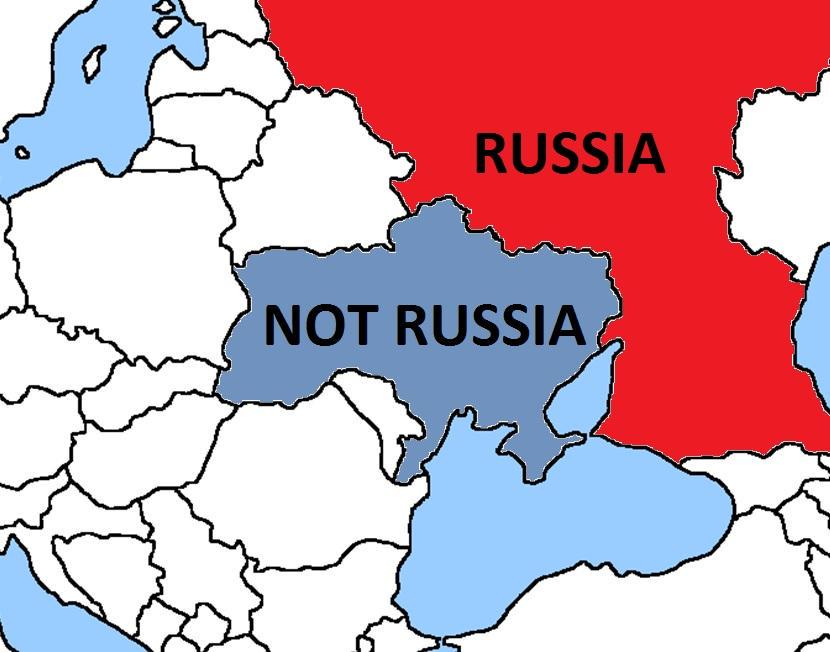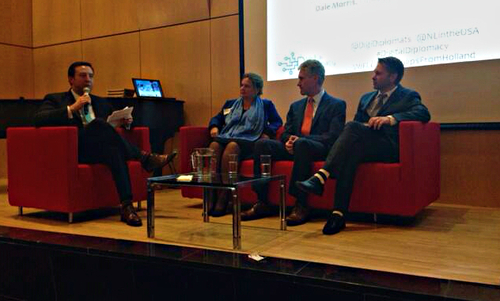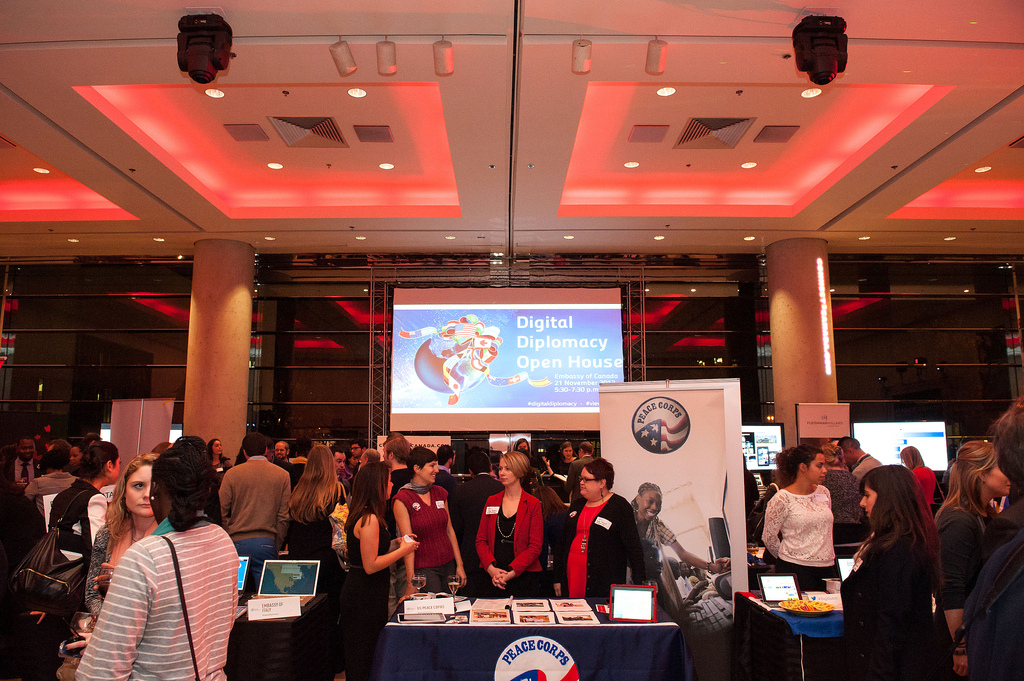A couple diplomatic tweets have caught quite a bit of attention lately. What do you think? Should governments be engaging in more clever and web-savvy ways, or have they gone too far? Have your say in the comments below.
Geography can be tough. Here’s a guide for Russian soldiers who keep getting lost & ‘accidentally’ entering #Ukraine pic.twitter.com/RF3H4IXGSp
— Canada at NATO (@CanadaNATO) August 27, 2014
Commemorating the 200th anniversary of burning the White House. Only sparklers this time! pic.twitter.com/QIDBQTBmmL
— British Embassy (@UKinUSA) August 24, 2014
UPDATED
The Russian Mission to NATO responded to the Canadian Tweet with their own map:
Helping our Canadian colleagues to catch up with contemporary geography of #Europe @CanadaNATO pic.twitter.com/MjzRxpFFfN
— Russians at NATO (@natomission_ru) August 28, 2014
ICYMI – This is how the Ukrainian Ministry of Foreign Affairs responded when Russian forces entered southeastern Ukraine from Russia:
#UkraineUnderAttack #RussiaInvadedUkraine RT PLZ pic.twitter.com/KMM9ezqAfv
— MFA of Ukraine (@MFA_Ukraine) August 27, 2014












